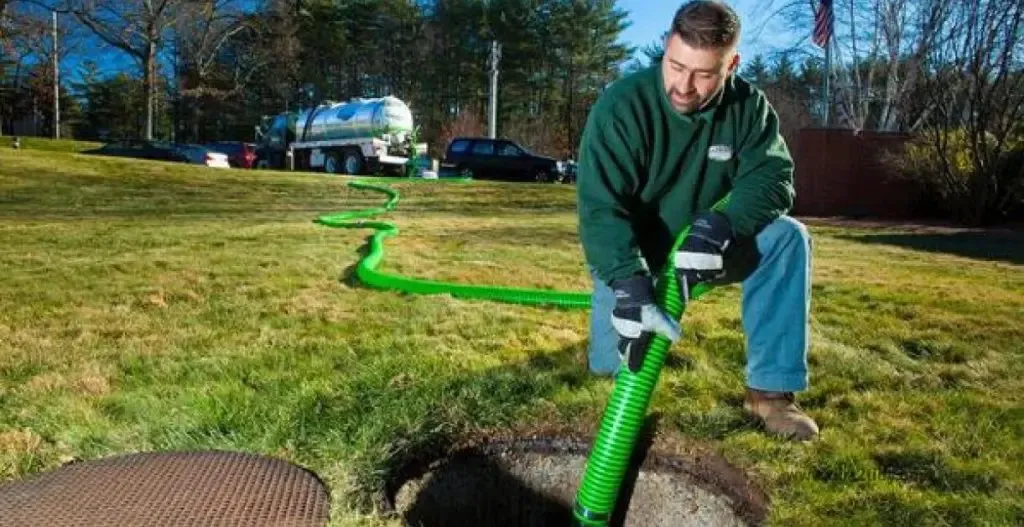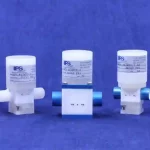When it comes to septic tank pumping, the unsung heroes of the process are the millions of tiny microorganisms that inhabit your tank. These bacteria play a pivotal role in breaking down organic matter, facilitating the treatment of wastewater, and maintaining the overall health of your septic system. In this article, we’ll explore the fascinating world of bacteria in septic tanks, examining their crucial role, how they contribute to the treatment process, and why they are considered both a friend and a potential foe in the context of septic tank pumping.
The Septic Tank Microbial Community
Your septic tank is a thriving ecosystem teeming with various types of microorganisms, including bacteria, archaea, and fungi. Among these, bacteria are the most prominent and function as the primary agents responsible for breaking down organic matter in wastewater. Let’s delve into their role:
1. Biodegradation of Organic Matter
The primary function of bacteria in septic tanks is to break down organic matter found in household wastewater. This organic matter includes human waste, food particles, soap residues, and other debris that enter the septic tank. Bacteria use these substances as a source of energy, metabolizing them and converting them into simpler compounds.
2. Transformation of Solids
As wastewater enters the septic tank, solid particles gradually settle at the bottom, forming a layer of sludge. This sludge contains a considerable amount of organic matter. Bacteria are responsible for decomposing this solid waste, turning it into liquid form. This process significantly reduces the volume of solids in the tank, allowing for more efficient treatment.
3. Degradation of Harmful Pathogens
Septic tank bacteria also play a crucial role in reducing harmful pathogens in wastewater. Through their metabolic activities, they break down pathogens and help render the effluent safer to release into the environment.
The Friend: Beneficial Bacteria in Septic Tanks
Bacteria in septic tanks are undoubtedly friends when it comes to wastewater treatment and maintaining a healthy septic system. Here’s why:
1. Efficient Organic Matter Decomposition
The metabolic activities of beneficial bacteria ensure that organic matter in wastewater is efficiently broken down. This prevents the accumulation of solids, which can lead to clogs, system failure, and the need for frequent septic tank pumping.
2. Natural Treatment
Septic systems rely on natural processes for wastewater treatment, and bacteria are at the heart of these processes. The treatment that occurs in a well-maintained septic tank is a combination of physical, chemical, and biological processes, all driven by microorganisms.
3. Preservation of Drain Field
Efficient bacterial activity in the septic tank results in a cleaner and more treated effluent that enters the drain field. This helps prevent clogs and damage to the drain field, ensuring the long-term functionality of the septic system.
The Foe: Factors That Can Disrupt the Bacterial Balance
While bacteria are essential allies in septic tank systems, they can become foes when their balance is disrupted or compromised. Several factors can negatively impact the bacterial community in your septic tank:
1. Harsh Chemicals
The use of harsh household chemicals, such as bleach, antibacterial cleaners, and strong disinfectants, can kill off beneficial bacteria. These chemicals disrupt the delicate microbial balance in the tank, reducing its ability to treat wastewater effectively.
2. Excessive Antibiotics
The use of antibiotics by household members can also affect the bacterial population in the septic tank. Antibiotics not only kill harmful bacteria but can also harm the beneficial bacteria responsible for wastewater treatment.
3. High Water Volume
Excessive water usage in your household can dilute the bacterial population in the septic tank. When water rushes through the tank too quickly, bacteria don’t have enough time to break down organic matter effectively.
4. Non-Biodegradable Materials
Flushing non-biodegradable materials like wipes, sanitary products, or plastic items down the toilet or sink can clog the tank and disrupt the bacterial community. These materials do not break down naturally and can accumulate, impeding the treatment process.
The Balance: Maintaining a Healthy Bacterial Community
The key to a successful septic system is striking the right balance with your bacterial community. Here’s how to ensure that bacteria remain your friends and not foes:
1. Use Septic-Safe Products
Choose septic-safe cleaning products and personal care items. These products are designed to be less harsh on the bacterial population in your septic tank.
2. Avoid Harsh Chemicals
Limit the use of harsh chemicals in your household cleaning routine. Consider alternative, eco-friendly cleaning solutions that are less harmful to beneficial bacteria.
3. Conserve Water
Be mindful of your water usage to prevent excessive dilution of the bacterial population. Fix leaks promptly and use water-saving fixtures and appliances to reduce water consumption.
4. Regular Maintenance
Schedule regular septic tank pumping and inspections to ensure that solids do not accumulate excessively. Pumping removes excess solids, allowing bacteria to continue their work effectively.
5. Proper Waste Disposal
Dispose of non-biodegradable materials and hazardous chemicals through appropriate channels, such as trash collection or hazardous waste disposal facilities. Do not flush these items into your septic system.
Conclusion
The role of bacteria in septic tank pumping is multifaceted and essential for the proper treatment of wastewater. These microorganisms are indeed friends when it comes to breaking down organic matter and maintaining a healthy septic system. However, they can become foes when their balance is disrupted by harsh chemicals, excessive water usage, or the presence of non-biodegradable materials. To ensure a harmonious relationship with septic tank bacteria, it’s crucial to practice responsible septic system maintenance and use septic-safe products in your household. By doing so, you can rely on these tiny allies to keep your septic system functioning efficiently and protect both your property and the environment.














